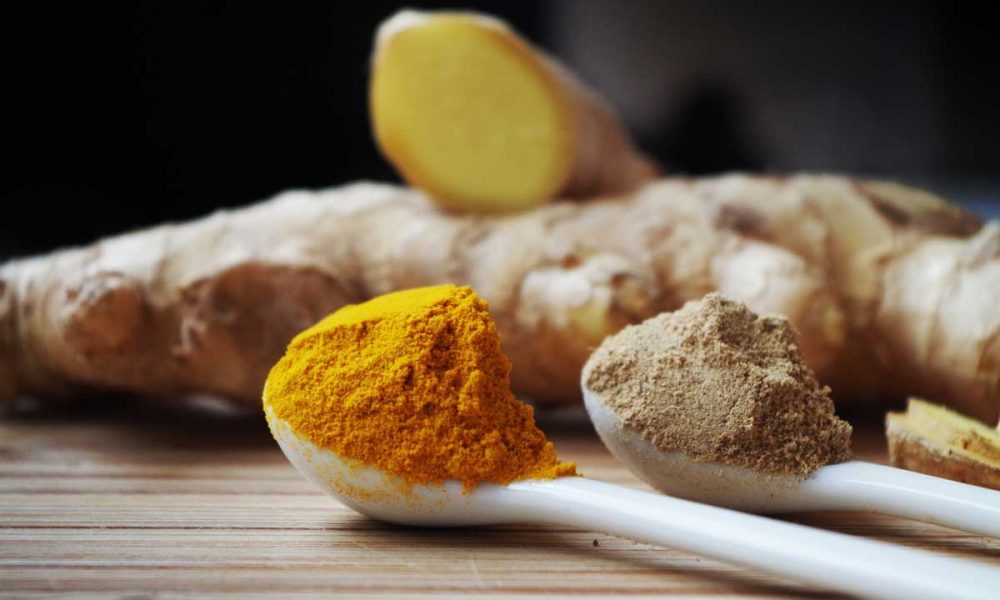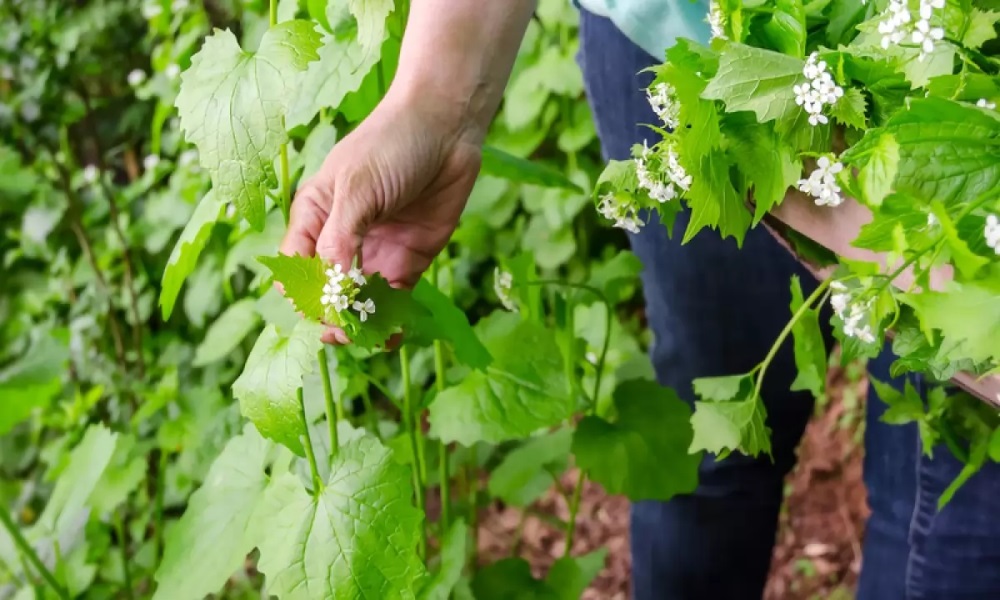In recent years, there has been a notable resurgence of traditional herbal medicine in modern health practices. As people become more aware of the potential side effects and limitations of conventional medicine, they are turning to ancient remedies that have been used for centuries to treat various ailments. Traditional herbal medicine, also known as herbalism, is a holistic approach that utilizes plants and plant extracts to promote overall health and well-being.
Traditional herbal medicine has its roots in different cultures around the world, including Chinese, Ayurvedic, and Native American traditions. These practices have been passed down through generations and have stood the test of time. The resurgence of interest in herbal medicine can be attributed to several factors:
1. Natural and Organic

One of the main reasons for the resurgence of traditional herbal medicine is the growing preference for natural and organic remedies. Many people are seeking alternatives to synthetic drugs and invasive medical procedures. Herbal remedies are derived from plants that are grown organically, without the use of harmful chemicals or genetically modified organisms (GMOs). This makes them a more appealing option for those concerned about their health and the environment.
2. Individualized Treatment
Traditional herbal medicine takes a personalized approach to healthcare. Practitioners of herbalism consider the unique needs and constitution of each individual when prescribing remedies. Unlike conventional medicine, which often focuses on treating symptoms, herbal medicine aims to address the root cause of the problem. By treating the underlying imbalance in the body, herbal remedies can promote long-term healing and overall well-being.
3. Holistic Approach
Herbal medicine takes a holistic approach to health, considering the interconnectedness of the body, mind, and spirit. Traditional herbalists believe that imbalances in one area of the body can affect the whole person. By using herbs to restore balance and harmony, they aim to promote optimal health and prevent future illnesses. This holistic approach resonates with many individuals who are seeking a more comprehensive and integrative approach to their healthcare.
4. Scientific Validation
While traditional herbal medicine has been practiced for centuries, its resurgence in modern times has been supported by scientific research. Many studies have been conducted to validate the effectiveness of various herbal remedies. For example, research has shown that certain herbs, such as ginger and turmeric, possess anti-inflammatory properties. Others, like chamomile and valerian root, have been found to promote relaxation and improve sleep quality. These scientific findings lend credibility to the use of herbal medicine in modern health practices.
5. Cultural Heritage
Traditional herbal medicine is deeply rooted in cultural heritage. As people become more disconnected from their ancestral traditions, there is a growing interest in reclaiming and preserving these practices. Traditional herbal medicine allows individuals to reconnect with their cultural heritage and tap into the wisdom of their ancestors. This cultural revival has contributed to the resurgence of herbal medicine in modern health practices.
The resurgence of traditional herbal medicine in modern health practices is driven by the desire for natural and organic remedies, individualized treatment, a holistic approach to health, scientific validation, and the preservation of cultural heritage. As more people recognize the benefits of herbal medicine, it is likely to continue gaining popularity as a complementary or alternative form of healthcare.




